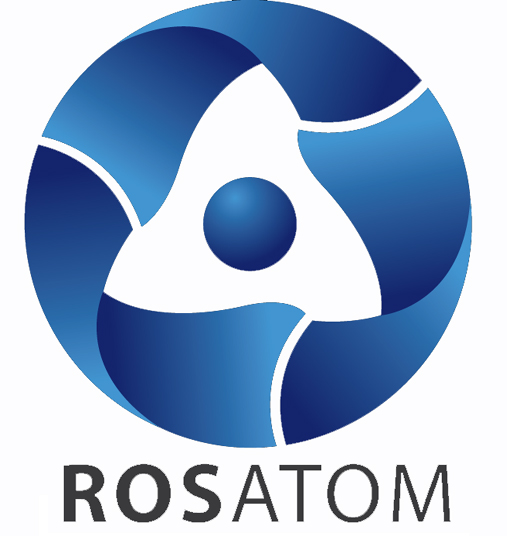I have blogged in the past about the aggressive Russian program to sell Russian nuclear power reactors to other nations. I am concerned that Russia will use those construction contracts to exert political influence. Others share my concerns.
When Russia annexed Crimea and invaded eastern Ukraine in 2014, Western nations imposed serious sanctions on Russia. These sanctions slowed down economic growth in Russia. In reaction to the downturn in the Russian economy, Rosatom, the state-owned nuclear power company, has been working hard to sell nuclear power reactors to developing nations, especially in the Middle East. Many Middle Eastern nations have signed memoranda of understanding to cooperate with Russia in the development of commercial nuclear power. Interest has been expressed to have Russia construct ninety nuclear power reactors at twenty-six sites across the region by 2030.
In support of the efforts of Rosatom, Russia has opened a regional office in Dubai in the United Arab Emirates (UAE). The UAE has not signed any nuclear cooperation agreements with Russia. They have been working with South Korea, another exporter of nuclear power reactors.
Russia was a “mediator” in the development of the “Iran deal” to prevent the development of nuclear weapons by Iran. One result of their efforts was the inking of nuclear cooperation agreements with Iran to build nuclear power reactors.
In order to attract customers, Rosatom has created what is called the Build Own Operate (BOO) plan. When a customer signs up for BOO, Rosatom agrees to construct a nuclear reactor at the customer’s chosen site, supply nuclear fuel as needed for the site, provide staffing to operate the reactor(s) and take away and dispose of the spent nuclear fuel produced by the reactor(s).
Critics of this Russian plan say that Russia will then begin to exert influence on the foreign policy decisions of the customer. Russia will argue that this is only being done to “protect” the nuclear power plant from terrorists. Under this ruse, Russia will be able to “project” its military power into the region like they did with the Russian naval base at Tartus in Syria.
Russia is talking to Turkey, Saudi Arabia, Bahrain and Jordan about the construction of nuclear power plants in those countries. This would be a significant penetration of Russian influence into the Middle East.
Rosatom is not alone in the international nuclear power reactor marketplace. They face stiff competition from China and South Korea who are also very interested in the Middle East as a source of customers for their nuclear technology. South Korea has been cooperating with Jordan on nuclear cooperation. There are four S.K. reactors in the process of construction in the U.A.E. However, the Korean Electric Power Corporation, the South Korean nuclear company, is having financial problems which may be to the advantage of Rosatom. Also, the new S.K. president is opposed to nuclear power and wants to phase it out in S.K. This may influence S.K. nuclear export ambitions. China is probably the most serious competitor for Rosatom.
There have been some positive developments for Rosatom in the international nuclear marketplace. Recently, the Westinghouse nuclear subsidiary owned by Toshiba has declared bankruptcy. The Areva nuclear company in France has been beset by both financial problems and a quality control scandal over its nuclear components.
One of the ways that Russia has been lubricating its nuclear reactor business in the Middle East involves the generous offers of financial packages for nuclear reactor customers. Russia offers big loan packages at low interest in advance to get international nuclear construction projects going in other nations.
